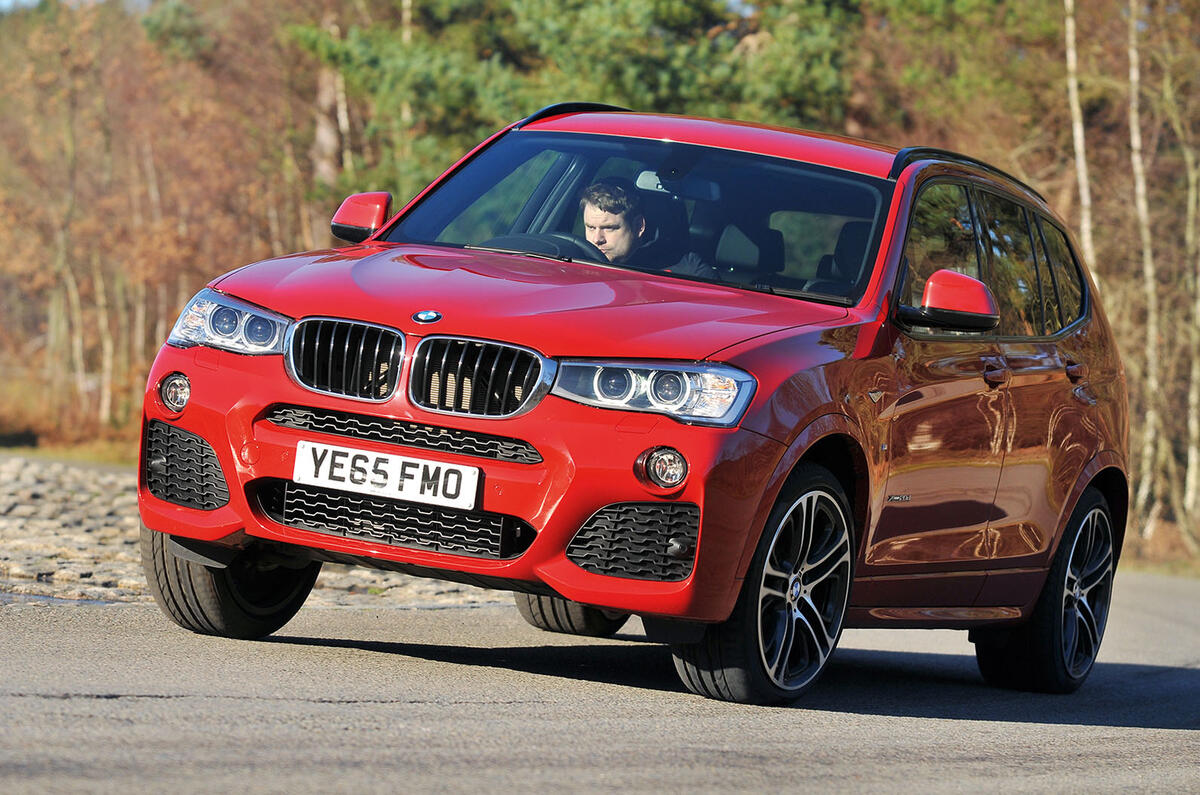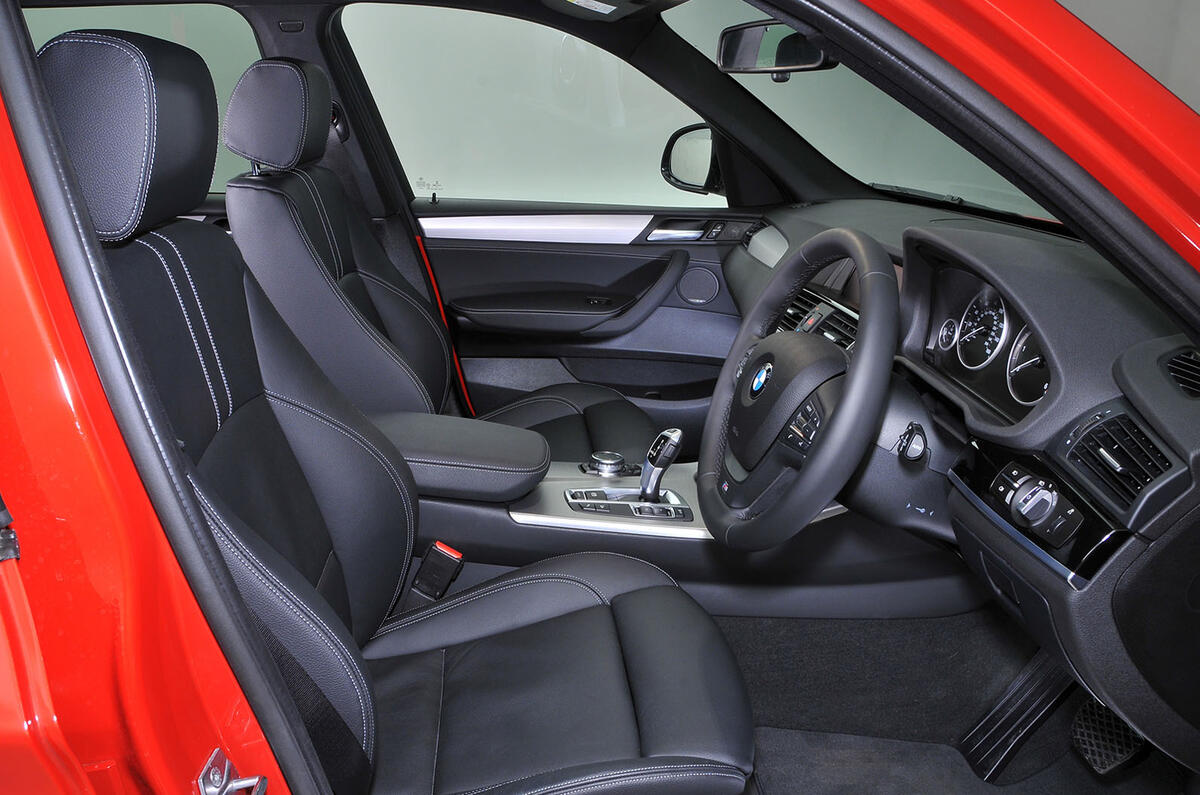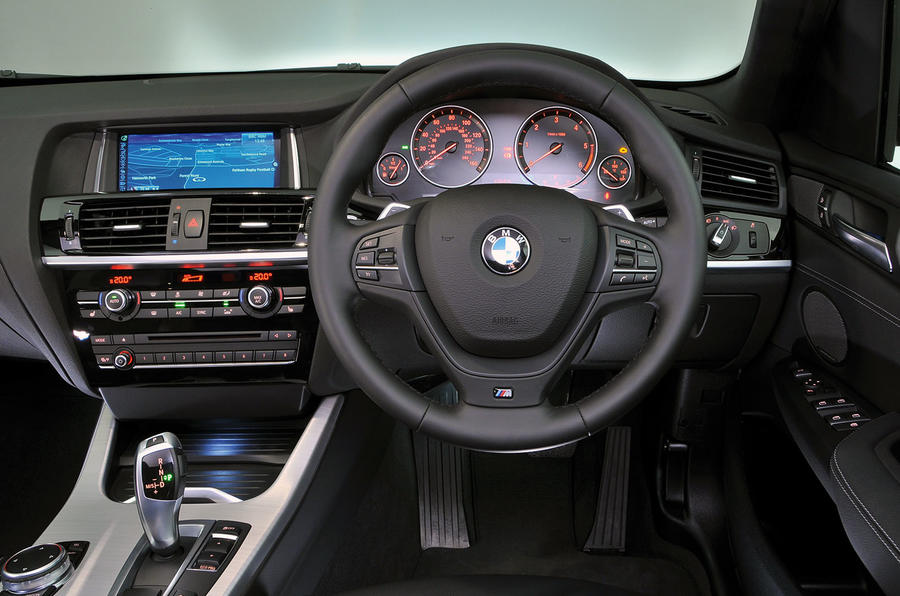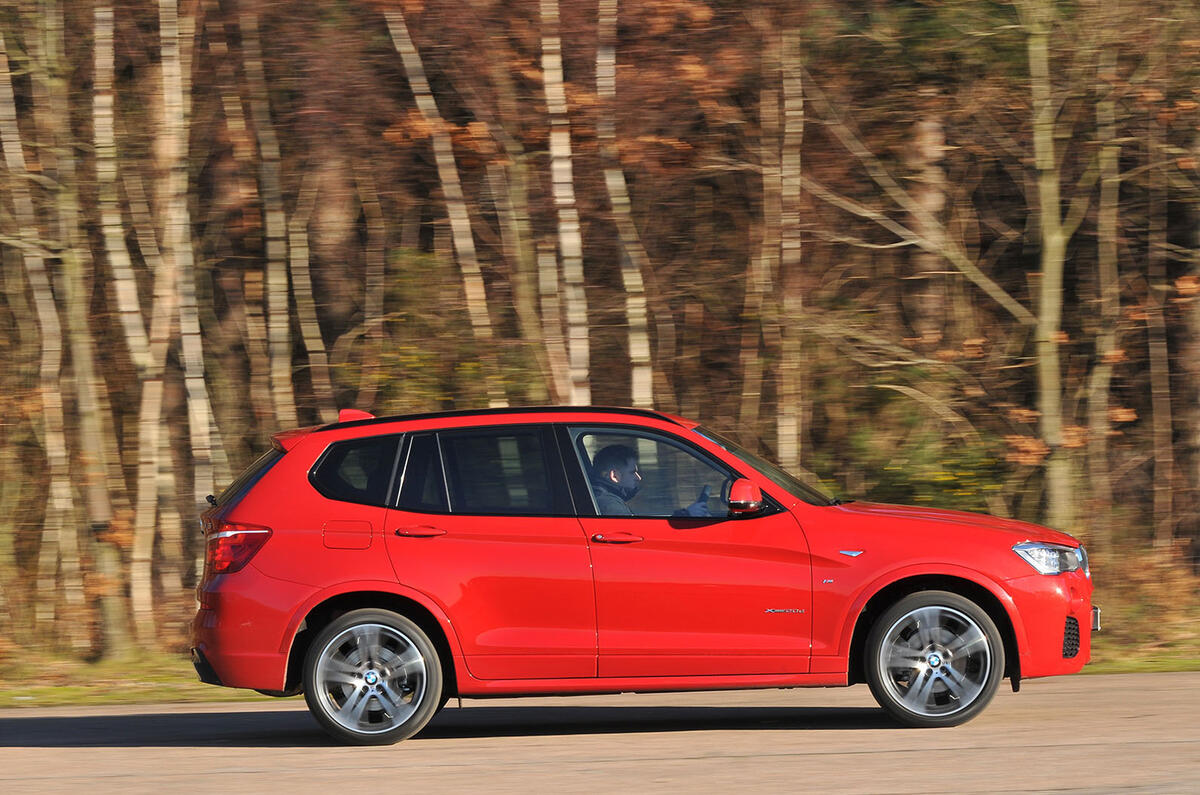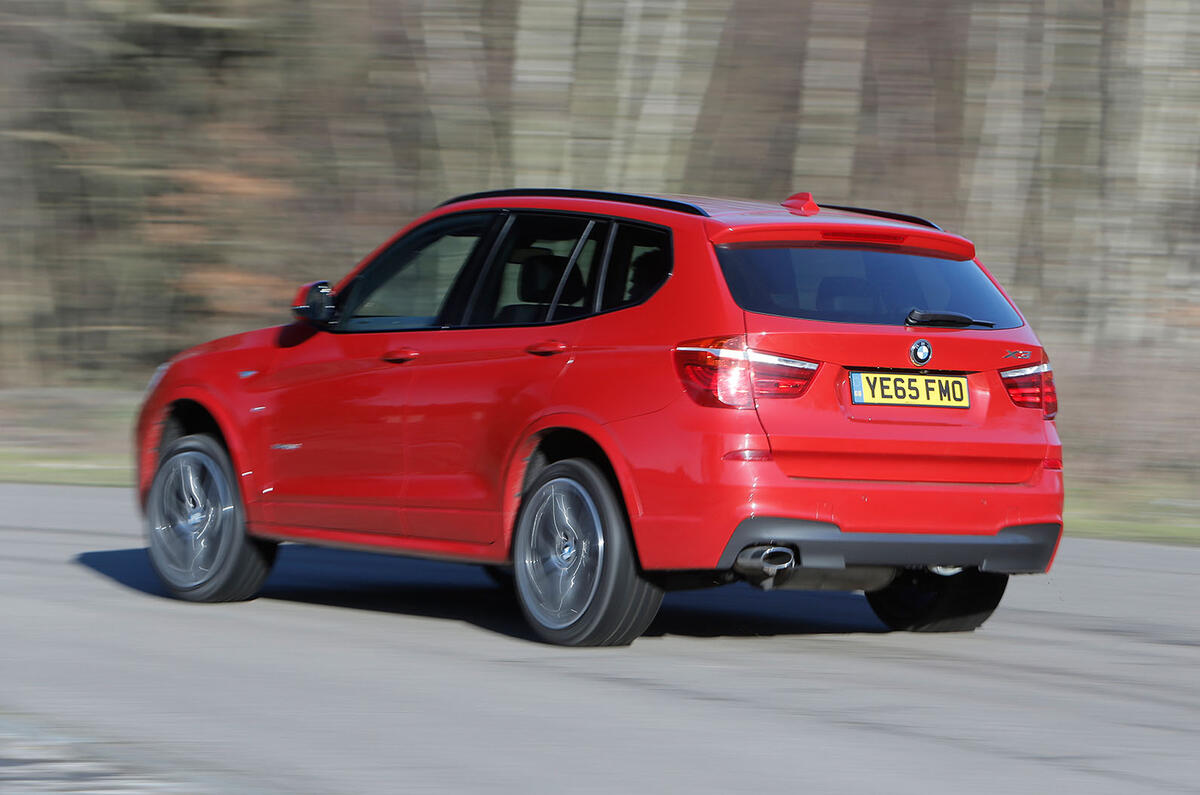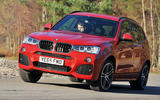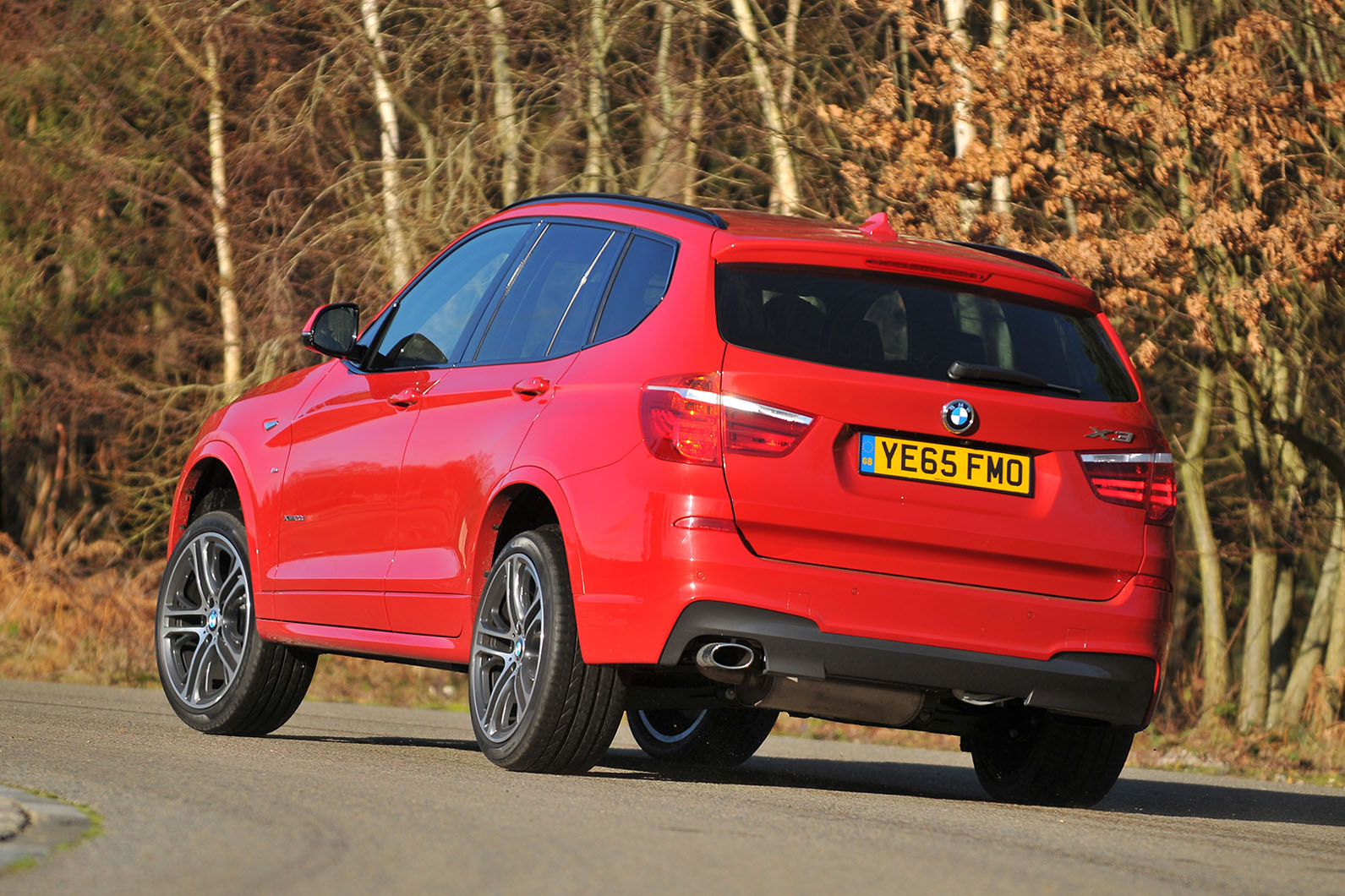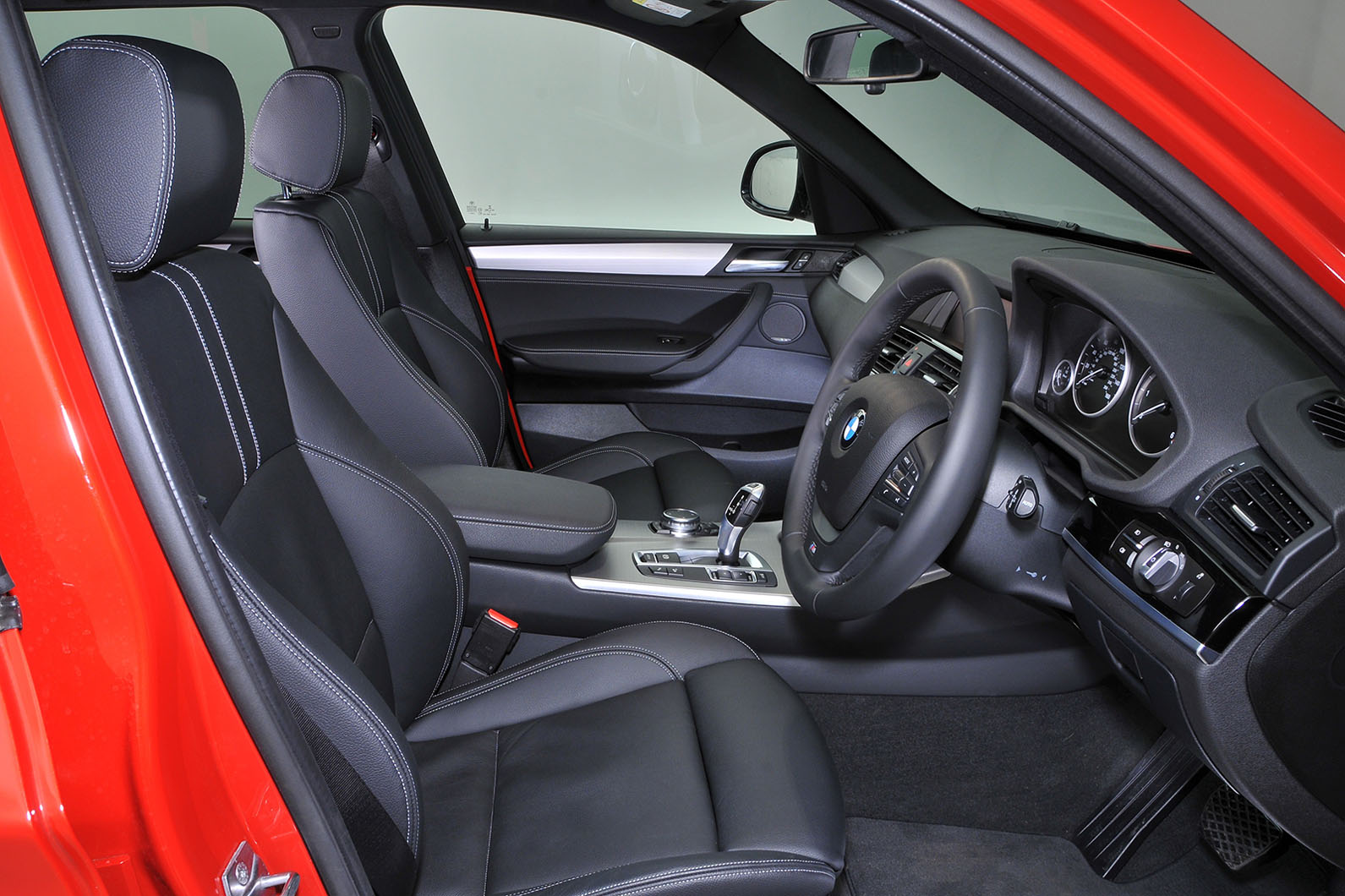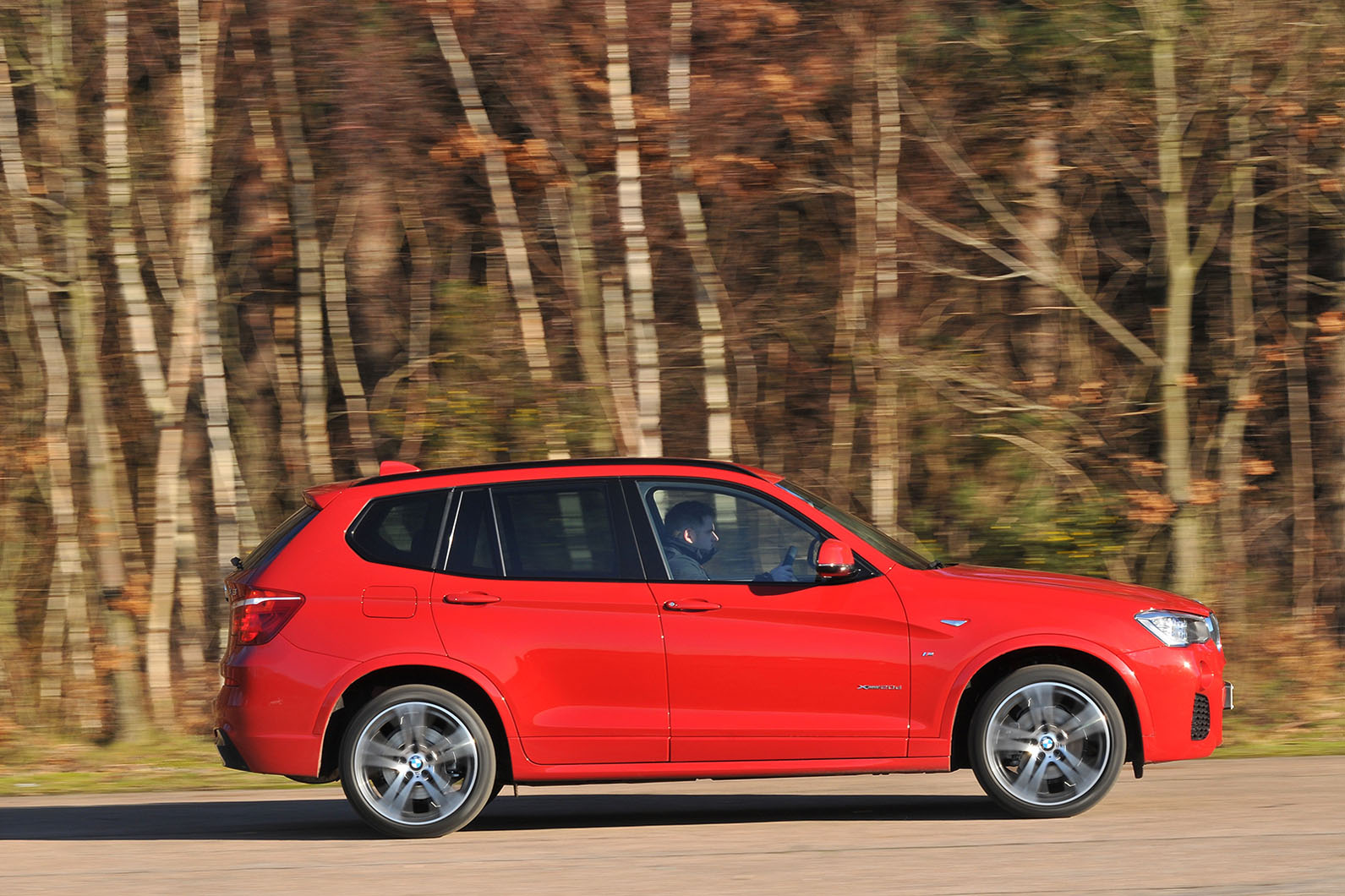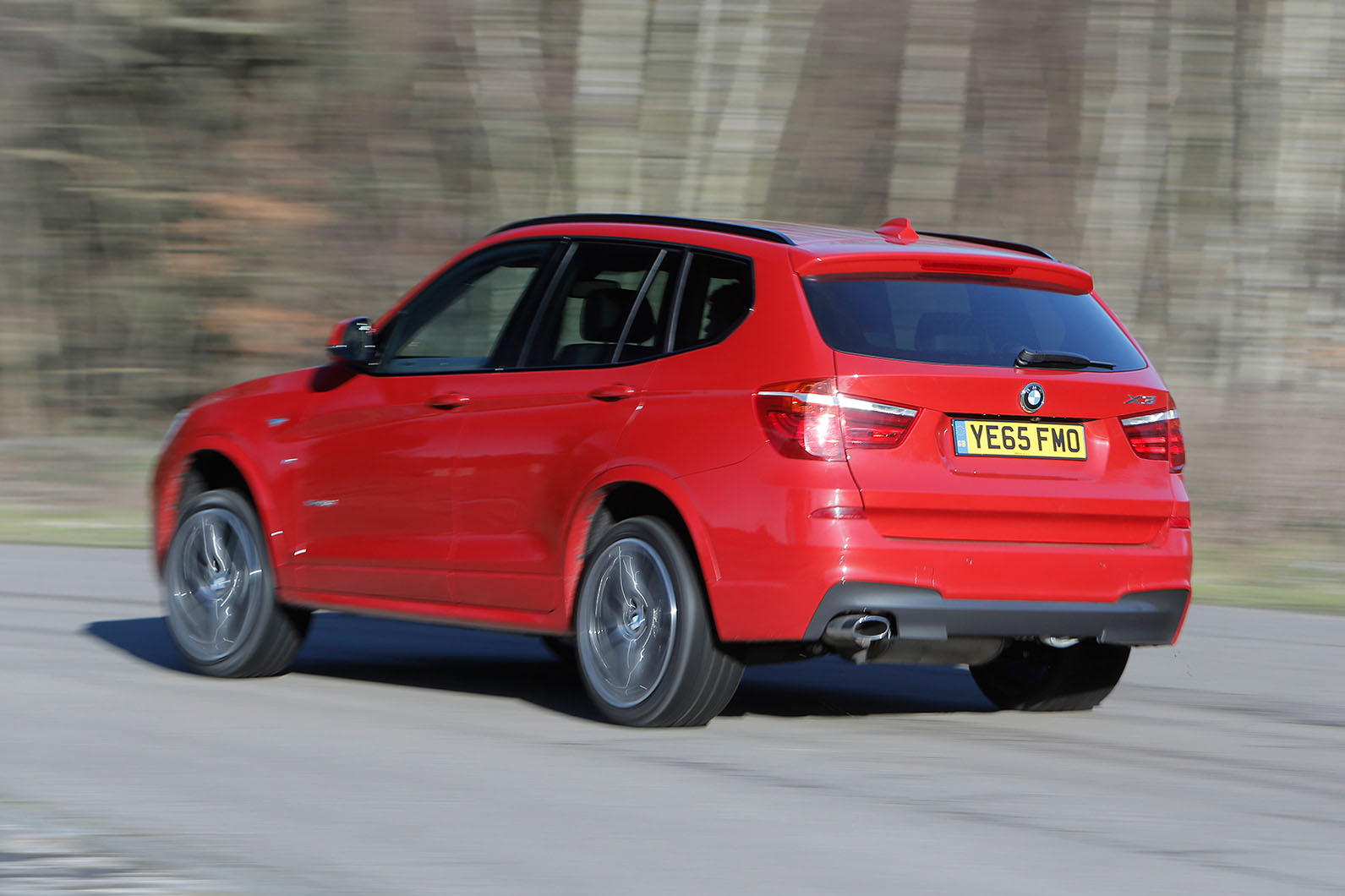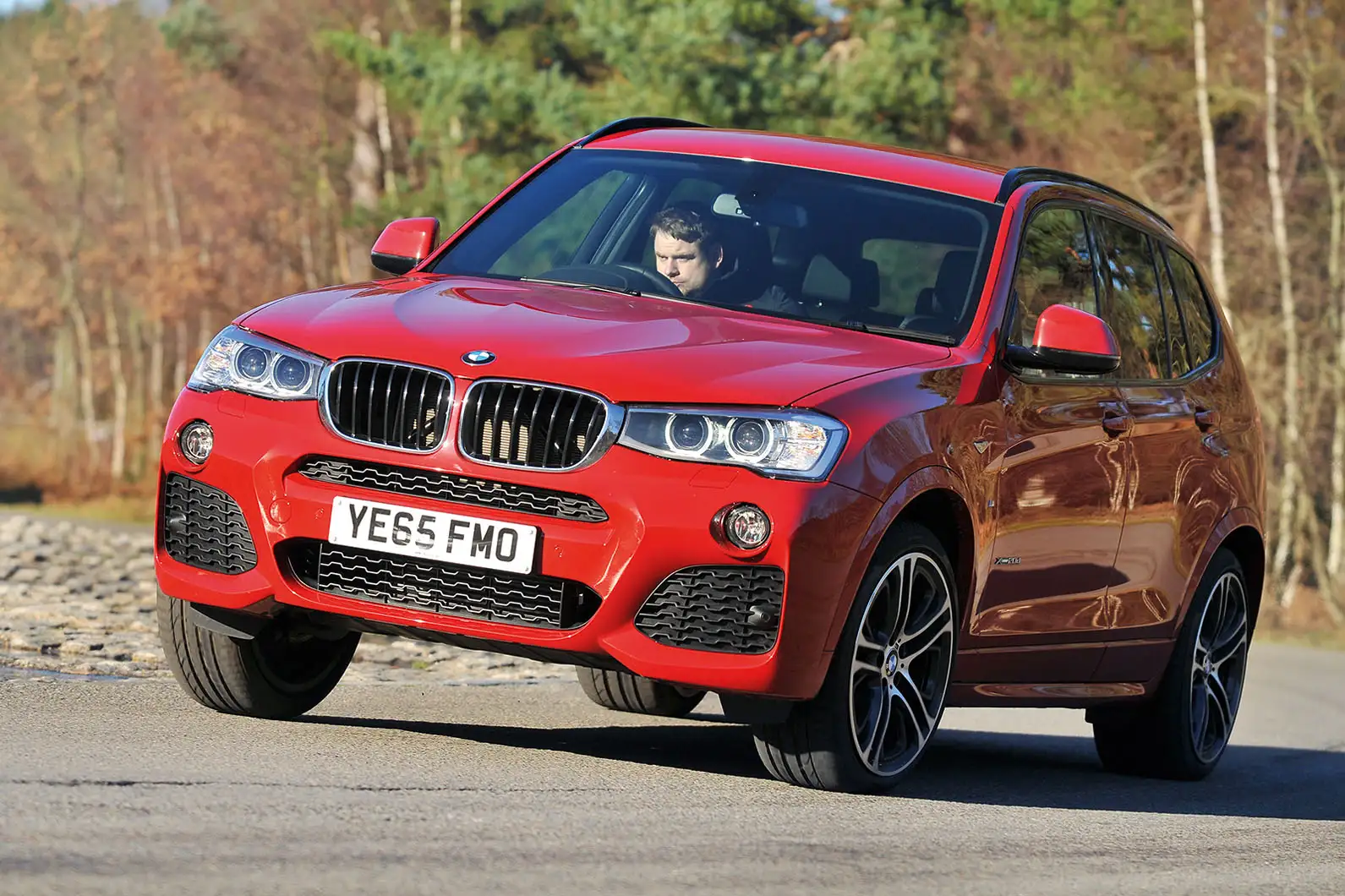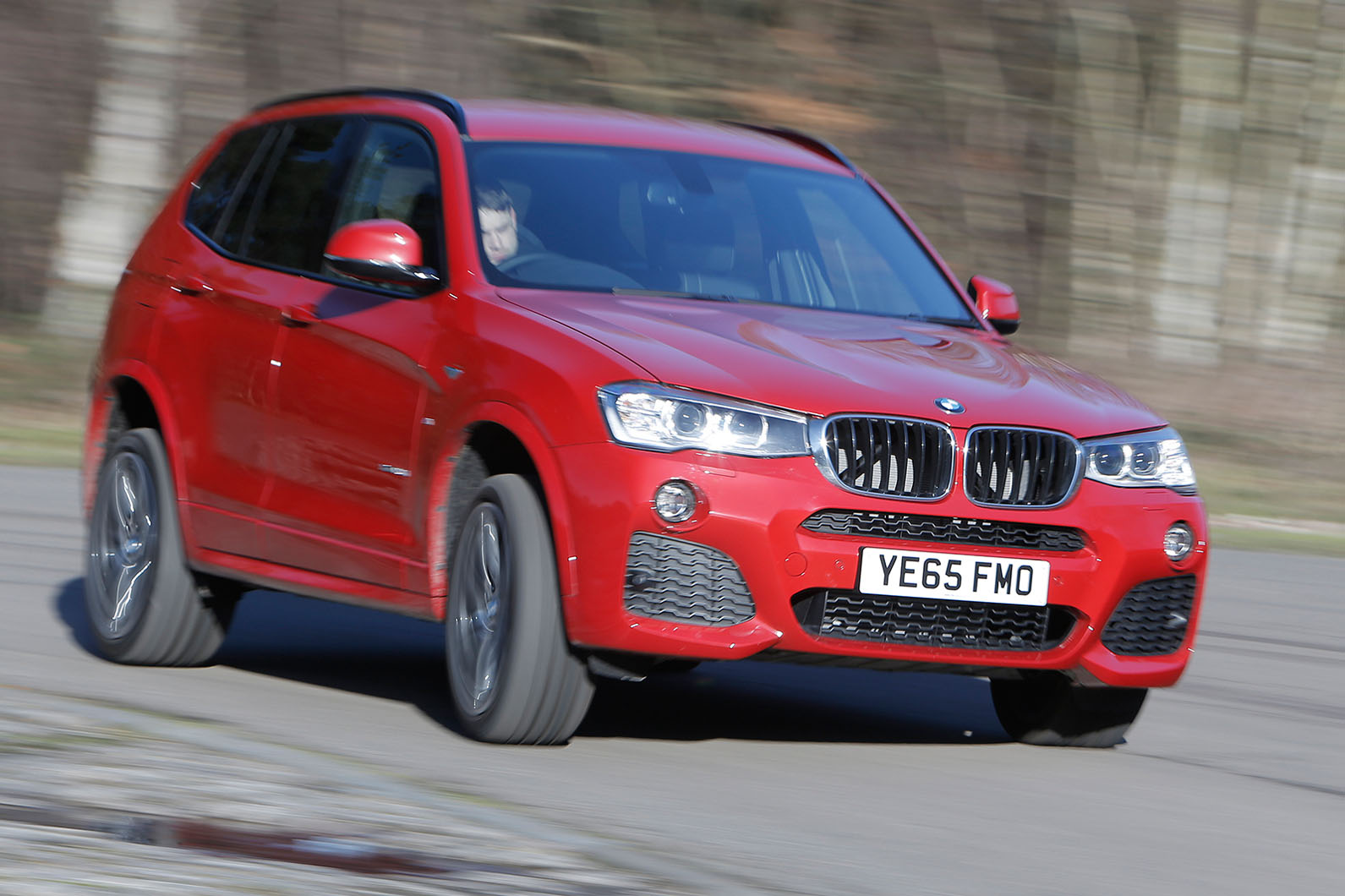The first BMW X3 arrived in 2004 and shared mechanical components with the four-wheel-drive version of the E46 3 Series.
Much of the BMW X3 development was subcontracted to Austrian company Magna Steyr, which also built the car. As the first mid-size SUV with a premium badge, it had strong early sales in the UK, with a peak of 7600 cars registered in 2006. But the BMW's volumes slumped as more modern rivals entered the market and just 2000 found buyers here in 2009.
The original BMW X3 was the first mid-size SUV to offer both the draw of a premium badge and unashamedly road-biased driving manners. Its sales success was in spite of a lack of critical acclaim.
But the second-generation BMW X3 – known within BMW by its F25 design code – faces a far tougher test in a more crowded and competitive marketplace. Everything from the Range Rover Evoque and the Ford Edge to the Audi Q5 and Mercedes-Benz GLC is vying for a share of an increasing market, while now the bigger and more capable second-generation BMW X1 sits beneath the X3 in BMW’s SUV line-up.
BMW has sharpened the X3’s appeal accordingly. Not only is it bigger than the car it replaces, but it’s also claimed to be quicker, greener and even slightly cheaper once extra standard spec is factored in. In 2014, the X3 was facelifted with a range of new engines along with some exterior changes dominating the update.


